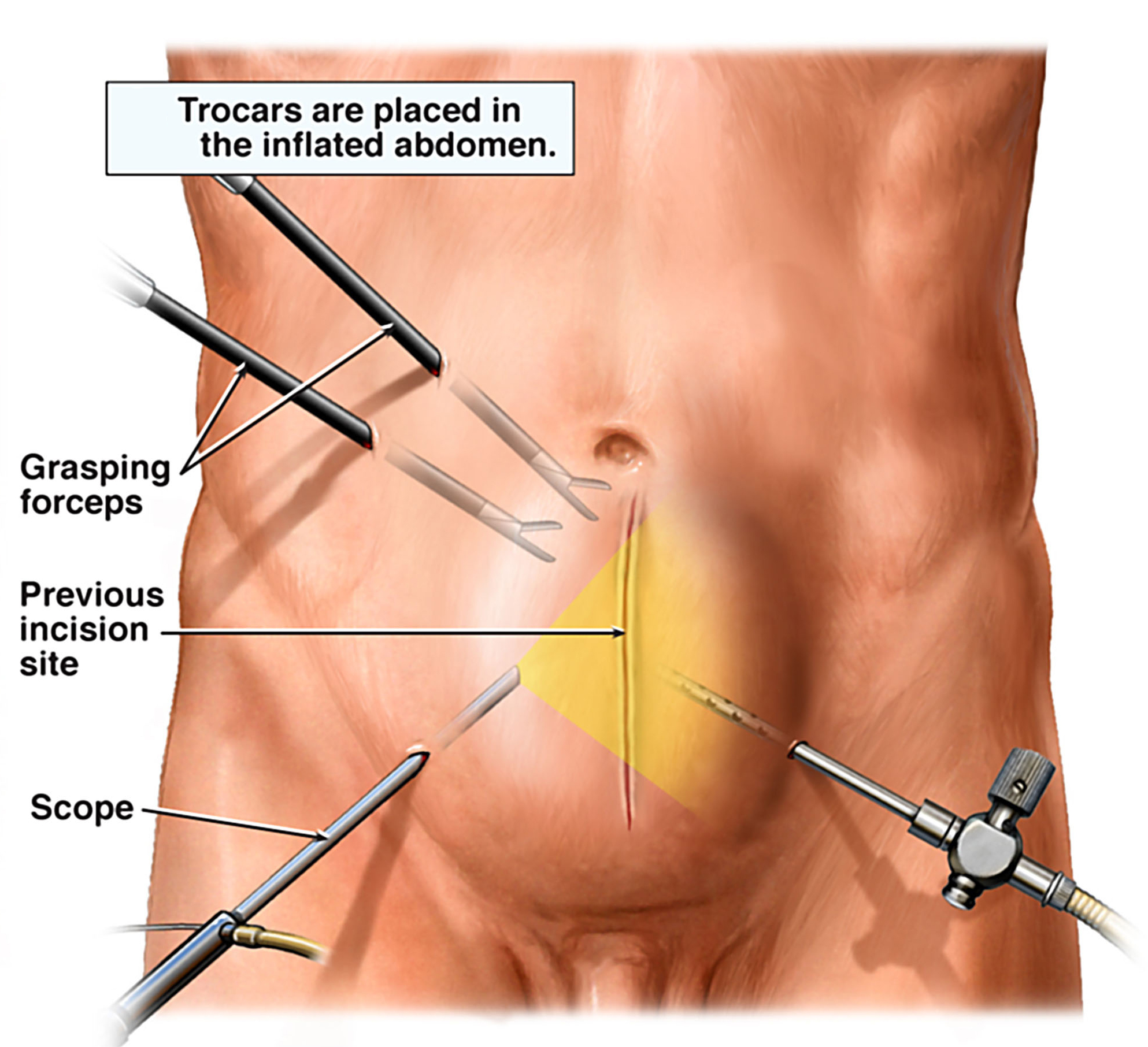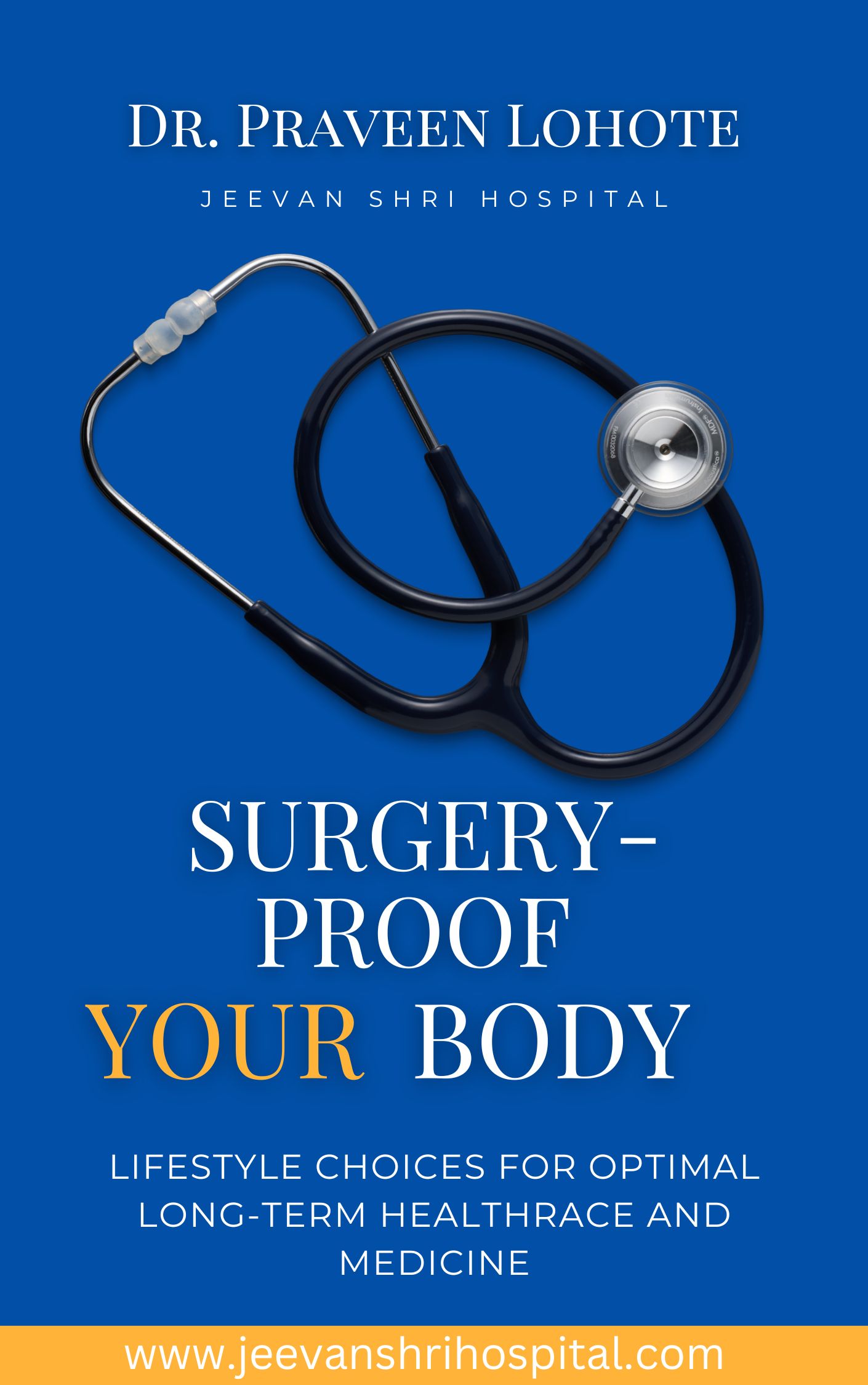Hernia Surgery: Bridging the Gap to Healthier Living
Hernias, a protrusion of an organ or tissue through a weakened area in the surrounding muscle or tissue wall, can cause discomfort, pain, and limit physical activity. Fortunately, hernia surgery offers a safe and effective solution, bridging the gap to a healthier and more active lifestyle.
Understanding the Different Types of Hernias:
There are several types of hernias, each with its own characteristics and locations:
- Inguinal hernia: This is the most common type, occurring in the groin area. It can develop on either side of the groin and affects men more frequently.
- Femoral hernia: This type occurs in the upper thigh near the groin and is more common in women.
- Umbilical hernia: This type occurs near or through the belly button and is more common in babies and infants, but can also occur in adults due to pregnancy or weight gain.
- Hiatal hernia: This type occurs when part of the stomach pushes through the diaphragm, the muscle separating the chest and abdomen.
- Incisional hernia: This type develops at the site of a previous surgical incision.
Symptoms and Diagnosis:
The most common symptom of a hernia is a bulge or lump under the skin. Other symptoms may include pain, discomfort, burning sensation, a feeling of fullness or heaviness, and difficulty exercising or lifting objects. If you experience any of these symptoms, it is important to consult a doctor for diagnosis. Doctors typically diagnose hernias through a physical examination and may order imaging tests such as an ultrasound or CT scan to confirm the diagnosis.
Why Choose Hernia Surgery:
While some small hernias may not require surgery, most hernias will not heal on their own and may even become larger and more painful over time. Hernia surgery can offer several benefits:
- Relief from pain and discomfort: Surgery can alleviate the pain and discomfort associated with a hernia, allowing you to return to your normal activities without limitations.
- Prevention of complications: Untreated hernias can lead to serious complications, such as bowel obstruction or tissue strangulation. Surgery can help prevent these complications and ensure your long-term health.
- Improved quality of life: By resolving the hernia and its associated symptoms, surgery can significantly improve your quality of life and allow you to participate in activities you may have avoided previously.
Types of Hernia Surgery:
There are two main types of hernia surgery:
- Open surgery: This involves making a larger incision in the skin and tissue to access the hernia and repair the weakened area.
- Laparoscopic surgery: This is a minimally invasive procedure using several small incisions. A thin tube with a camera is inserted into the abdomen, allowing the surgeon to view the hernia and perform the repair with special instruments.
Recovery and Post-Operative Care:
The recovery process after hernia surgery depends on the type of surgery performed and the individual’s overall health. However, some general guidelines apply:
- Pain management: Medications will be prescribed to manage pain during the initial recovery period.
- Wound care: Keeping the incision clean and dry is important to prevent infection.
- Activity restrictions: You will likely be advised to avoid strenuous activities for a period of time to allow for proper healing.
- Follow-up appointments: It is crucial to attend scheduled follow-up appointments with your doctor to monitor progress and address any concerns.
Living a Fulfilling Life after Hernia Surgery:
Hernia surgery can be a life-changing experience, allowing you to return to an active and fulfilling life. Here are some tips for optimal health and long-term well-being after surgery:
- Maintain a healthy weight: Excess weight can put strain on the abdominal wall and increase the risk of hernia recurrence.
- Eat a healthy diet: Eating a balanced diet rich in fruits, vegetables, and whole grains helps promote overall health and healing.
- Stay active: Gradually resuming physical activity as advised by your doctor can strengthen muscles and improve overall health.
- Avoid strenuous activities: Lifting heavy objects or engaging in activities that strain the abdominal wall should be avoided for a prescribed period.
Conclusion:
Hernia surgery is a safe and effective procedure that can provide significant relief from pain and discomfort and improve your quality of life. By understanding the different types of hernias, symptoms, and treatment options, you can make informed decisions about your health and embrace a healthier, more active lifestyle after surgery. Remember, taking an active role in your recovery and adhering to your doctor’s recommendations are key to achieving long-term success and preventing future complications.

















Medilax
September 4, 2021Energistically redefine emerging paradigs after resource sucking bandwidth. Dramatically supply transparent
Medilax
September 4, 2021Dramatically supply transparent expertise whereas market-driven testing procedures. Professionally visualize client-centric services
Medilax
September 4, 2021Fosfluorescentie stelt cross-functionele functionaliteiten en progressieve markten uit. Organiseer op competente wijze front-end e-markten zonder interactieve